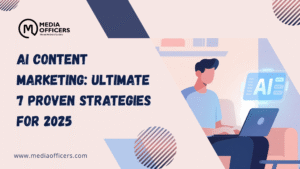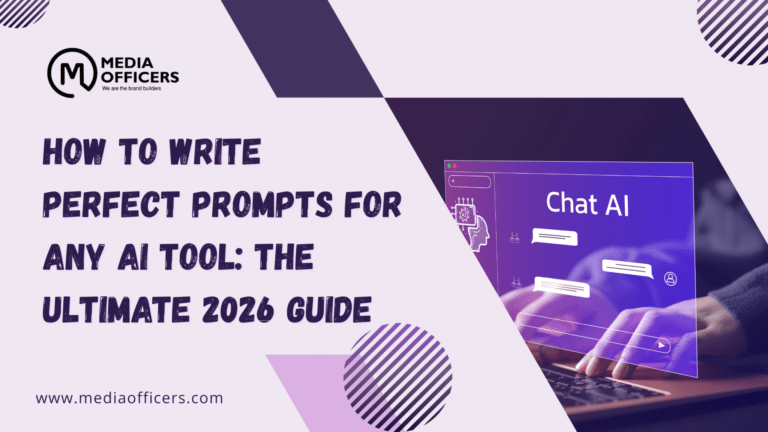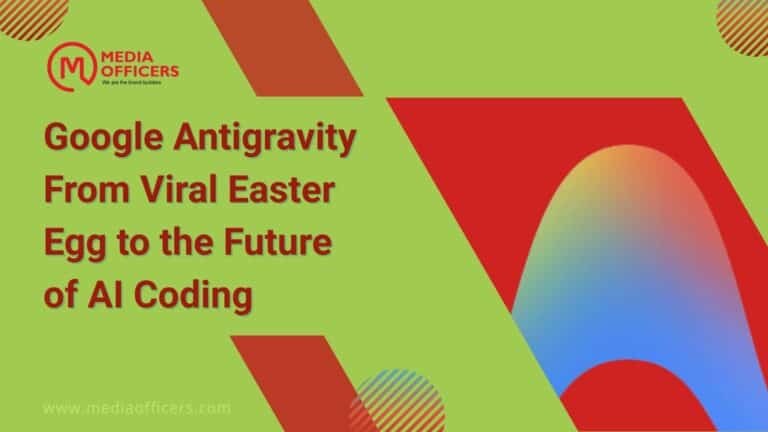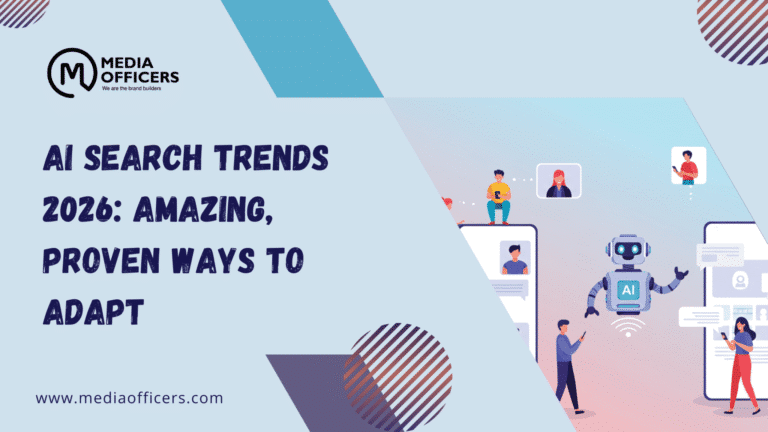AI content marketing is reshaping how brands craft, publish, and optimize content. By blending machine learning, natural language processing, and data-driven insights, teams can produce better material faster. This guide explains what AI content marketing is, why it matters, and how to start using it responsibly and effectively.
What AI content marketing actually is
AI content marketing refers to the use of artificial intelligence to ideate, create, optimize, distribute, and measure content across channels. It encompasses tools that suggest topics, generate drafts, optimize for search and readability, and tailor experiences for individual readers. The goal is not to replace human creativity but to augment it, enabling teams to scale high-quality content with greater speed. In practice, you might see AI writing tools drafting outlines, while content automation handles publishing schedules and performance tracking.
Why AI content marketing matters in 2025
In 2025, consumer expectations are higher and the competitive content landscape is denser than ever. AI content marketing helps teams stay relevant by turning data into action. It can surface audience interests, predict which formats perform best, and optimize narratives for intent. That means more engagement, faster iteration, and a better return on content investments.
However, the value of AI content marketing relies on thoughtful governance. When used well, AI accelerates idea generation, enhances accuracy, and frees humans to focus on strategic storytelling. When used poorly, it can produce generic content or misinterpret audience signals. The distinction is intentional use guided by clear goals, a robust editorial process, and ongoing quality checks.
Core components of AI content marketing
AI writing tools
At the heart of AI content marketing are writing assistants that can brainstorm angles, draft sections, and polish copy. These tools save time, reduce writer fatigue, and help teams maintain consistency across formats. The best practitioners pair AI-generated text with human review to preserve voice and accuracy. You can generate content with AI to kick off posts, email sequences, or social copy, then refine for nuance and brand tone.
Content automation and workflow optimization
Automation orchestrates the content lifecycle. From topic ideation to publishing and repurposing, content automation ensures that every piece follows a defined cadence. Automation also helps with version control, localization, and distribution across channels. This reduces bottlenecks and ensures timely delivery, so your AI content marketing strategy reaches audiences where they are.
SEO and analytics with AI
Search engine optimization benefits from AI in content marketing through keyword insights, intent alignment, and on-page optimization. AI can analyze competitor topics, identify gaps, and suggest enhancements that improve rankings. Measurement is equally powered by AI, using predictive analytics to forecast traffic impact and guide budget allocation.
Personalization and audience insight
One of the strongest advantages of AI content marketing is personalization at scale. Machine learning models can segment audiences, tailor messaging, and recommend content paths based on behavior. By delivering relevant content, you improve engagement, boost click-through rates, and build stronger relationships with readers.
Getting started: a practical 7-step plan
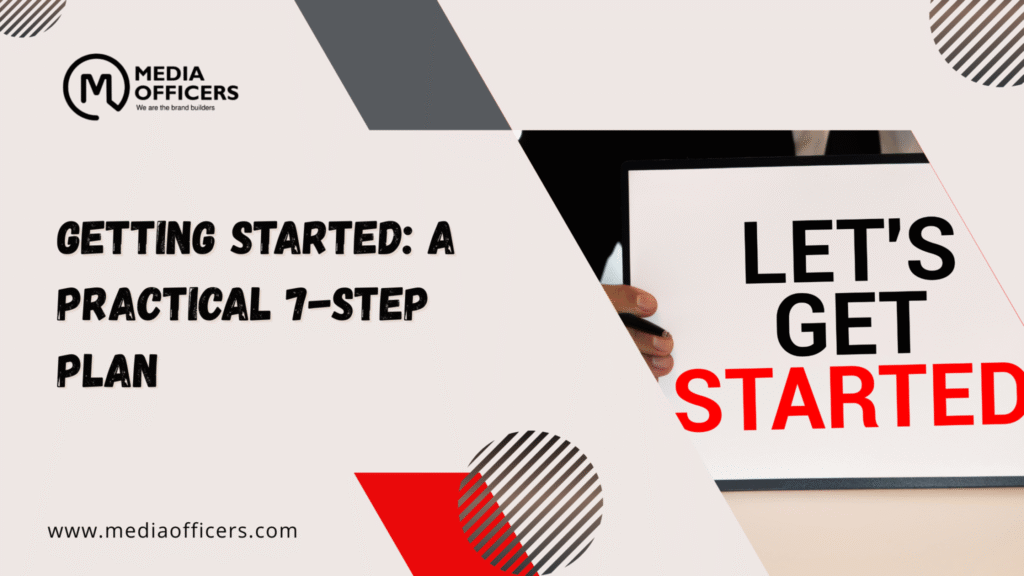
- Define clear goals: Start with what you want AI to achieve brand awareness, lead generation, or customer education. Clear goals guide tool selection and metrics.
- Map content to the buyer journey: Align topics and formats with awareness, consideration, and decision stages to maximize impact.
- Choose the right AI tools: Pick tools for ideation, drafting, optimization, and distribution. Consider how they integrate with your existing CMS and analytics stack.
- Create content templates: Establish repeatable frameworks for blogs, reports, and social posts so AI outputs are immediately usable.
- Define voice, governance, and quality checks: Set tone guidelines, editorial standards, and review processes to ensure accuracy and brand consistency.
- Test, iterate, and learn: Run small experiments to compare AI-assisted content against baseline results, then scale what works.
- Measure impact and scale: Track engagement, conversions, and SEO signals to justify ongoing investment and inform future cycles.
As you implement this plan, remember that AI content marketing succeeds when technology enhances creativity rather than replacing it. Start with pilots, capture learnings, and expand when you see tangible gains in quality and velocity.
Best practices for ethical and effective AI content marketing
To sustain long-term success, combine AI with human oversight. Here are best practices for responsible use:
- Maintain transparency about AI involvement where appropriate to protect trust.
- Establish a robust review process to catch factual errors and ensure brand voice alignment.
- Use AI to augment creativity, not to produce generic, low-effort content.
- Protect user data and comply with privacy regulations when personalizing content.
- Continuously test and optimize to avoid content fatigue and to stay aligned with changing intent.
Measuring success with AI content marketing
Key performance indicators for AI content marketing typically include organic traffic, time on page, engagement rates, lead generation, and ROI per content asset. AI-powered dashboards can forecast traffic, estimate lift from new topics, and highlight underperforming areas for quick remediation. By combining qualitative feedback with quantitative metrics, teams can continuously improve content quality and relevance.
Case examples and practical takeaways
Consider a B2B tech company that uses AI writing tools to draft technical explainers, then employs human editors to ensure accuracy and tone. They pair content automation with a content calendar that prioritizes high-intent topics. The result is a steady cadence of high-quality articles, videos, and infographics that rank for competitive keywords and convert readers into qualified leads. Another organization leverages machine learning for marketing to personalize email sequences based on reader engagement, improving click-through and response rates by double digits.
Integrating AI with human creativity
The most sustainable AI content marketing programs integrate human creativity at strategic touchpoints. Use AI to generate options, outlines, and data-backed insights, then empower writers, designers, and editors to craft compelling narratives. In practice, this collaboration creates more scalable workflows without sacrificing originality or voice.
Common pitfalls and how to avoid them
Even powerful tools can misfire without proper discipline. Common pitfalls include overreliance on automation, neglecting fact-checking, and failing to adapt content for specific audiences. Mitigate these risks with a clear editorial rubric, regular audits, and a feedback loop from sales and support teams who interact with customers daily.
Frequently Askeded Questions
What exactly is AI content marketing?
It is the use of artificial intelligence to assist in the ideation, creation, optimization, distribution, and analysis of content across channels. It combines AI writing tools, automation, and data insights to scale content workflows while preserving quality and brand voice.
Can AI content marketing improve SEO?
Yes. AI can identify keyword opportunities, optimize on-page elements, analyze competitor content, and predict which topics will perform well. This accelerates SEO efforts while maintaining relevance to user intent.
How quickly can I implement AI in my content marketing?
Start with a pilot within 30 days. Choose one or two use cases, such as topic ideation and drafting, then measure impact. Scale gradually as you confirm gains in efficiency and quality.
What are the risks of AI content marketing?
Risks include inaccuracies, creative staleness, and misalignment with audience needs. Mitigate them with human review, governance standards, and continuous experimentation.
Conclusion
AI content marketing represents a powerful paradigm shift in how teams approach content strategy. When applied with clear goals, thoughtful governance, and human oversight, AI tools can accelerate ideation, improve production quality, and sharpen audience targeting. Embrace AI as a catalyst for smarter, faster, and more personalized content not a replacement for the human touch. By blending AI content marketing capabilities with established editorial practices, your team can achieve sustainable growth in a competitive landscape.

